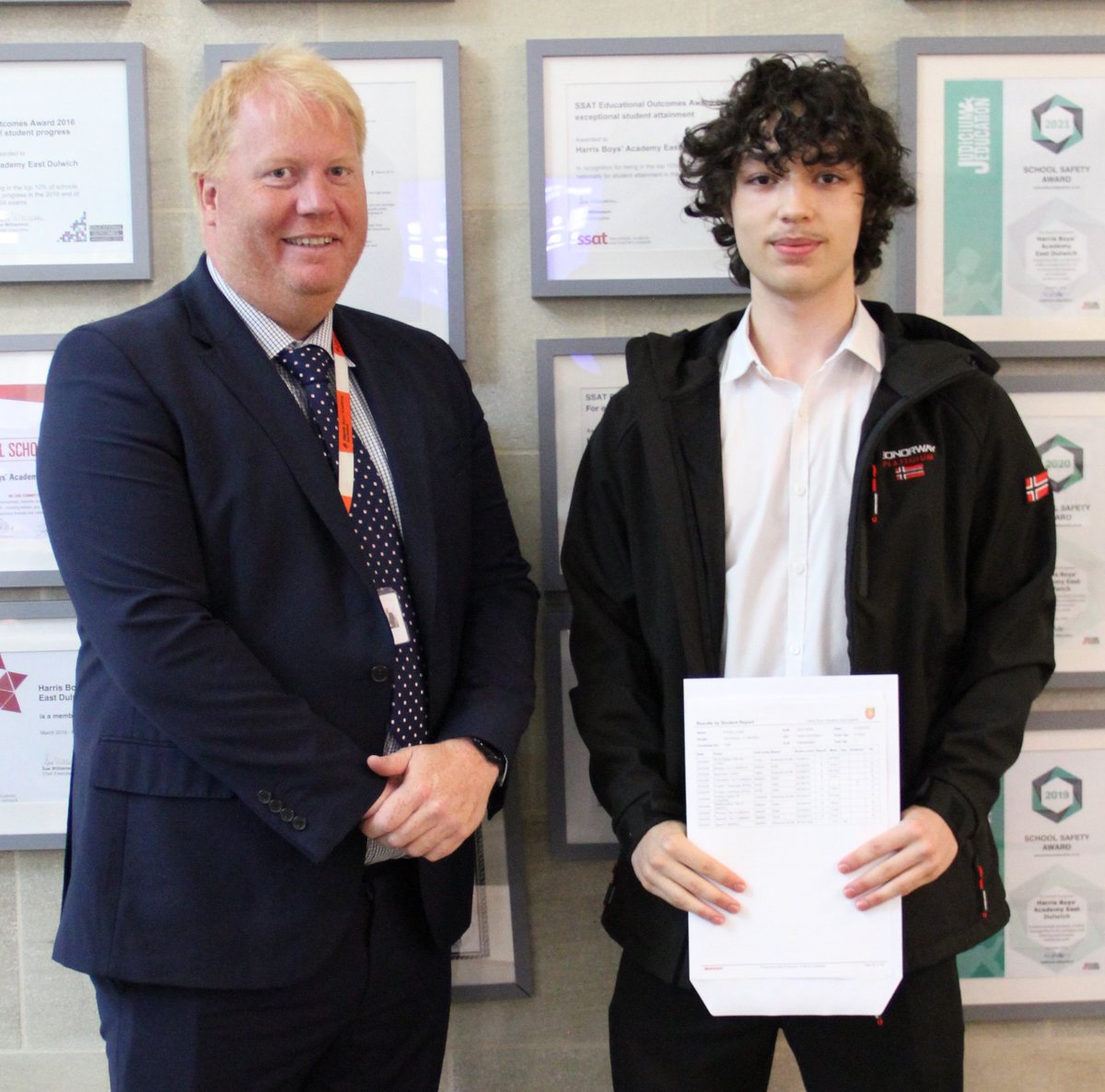Latest News
Posted on February 25th 2020
'Special Educational Differences' Project with King's College London
 Our Year 10 and 12 'most able' students are working with King's College University on a project to raise awareness and understanding of special educational differences (SPEDs).
Our Year 10 and 12 'most able' students are working with King's College University on a project to raise awareness and understanding of special educational differences (SPEDs).
The project aims to advance the education of the public, and students in particular, in the subject of special educational differences such as Dyslexia, Autism and ADHD.
Students discuss educational differences and develop skills of critical enquiry, information scrutiny and analytical reasoning.
The university will also organise career-oriented sessions in which students will receive a taster of skills and basic theories learnt in healthcare degrees. This means that students can see how the skills they have learned might be translated into their future lives.
By the end of this project, students should be able to understand key information about a specific special educational difference, and introduce information about that difference to others. They might also be able to influence others to research about SPEDs.
Mayya Vorona (Joint Co-founder) is pictured above discussing ADHD with the Year 10 students.
Sarah O’Connell discussing infancy and the importance of parents at this stage.

Jeffery talks eloquently about how being ostracised from social groups and bullying could increase the risk of depression in teenagers with dyspraxia and autism.

Measuring the impact
Before the programme, students overestimated the percentage of people with Autism and Dyslexia in the UK (mean average estimation was 26.1%). In addition, 66.7% of students classified Dyslexia and Autism as a mental health disorder of disability. In terms of interpersonal skills development, only 12% of students rated themselves very confident in communication and teamworking skills.
After the proramme there was a significant reduction in the estimation of the percentage of people with Autism and Dyslexia. The mean average estimation was 9.7% for Dyslexia (0.3% from true prevalance of 10%) and 3.3% for Autism (2.3% from true prevalance of 1%).
No students classified dyslexia and Autism as a disability and only 12% classified them as a mental health disorder. The remainder (88%) classified Dyslexia and Autism as a Special Educational Difference.
In terms of interpersonal skills, 92% of students rated themselves as very confident in communication skills and 97% of students rated themselves as very confident in teamworking skills.
Here are two examples of group posters made in the session by our Year 10 students.
























